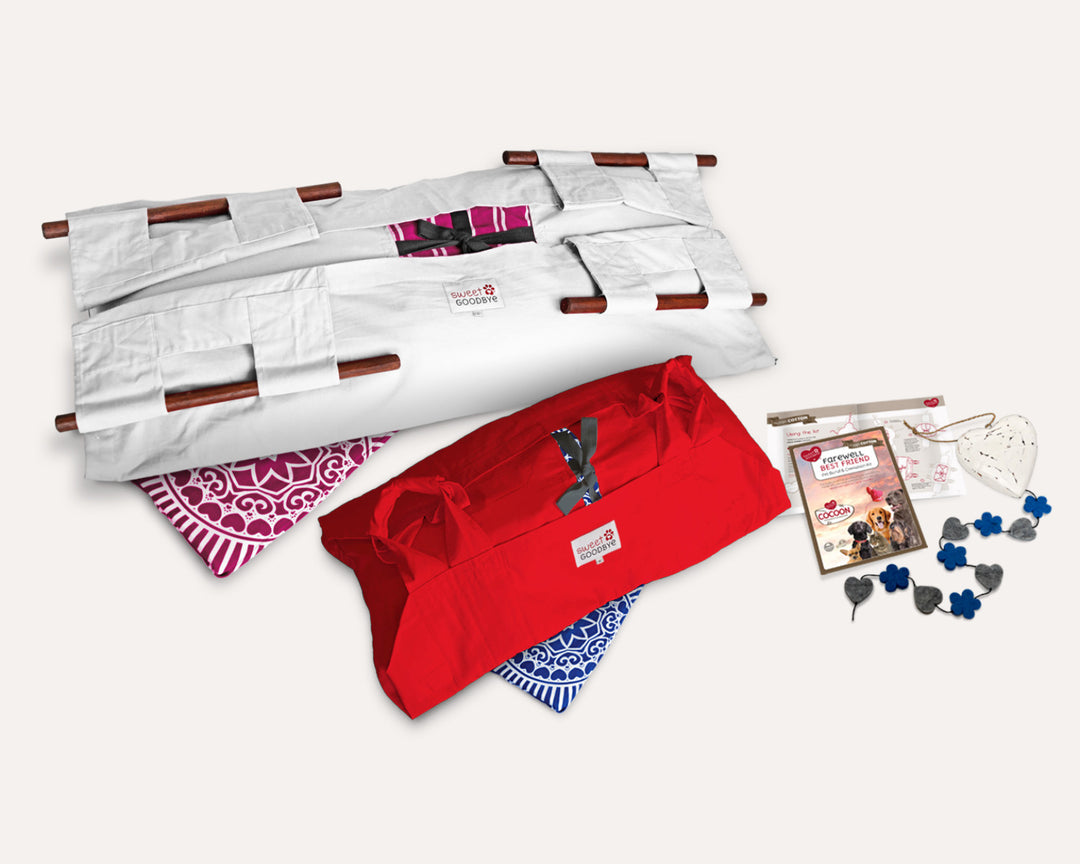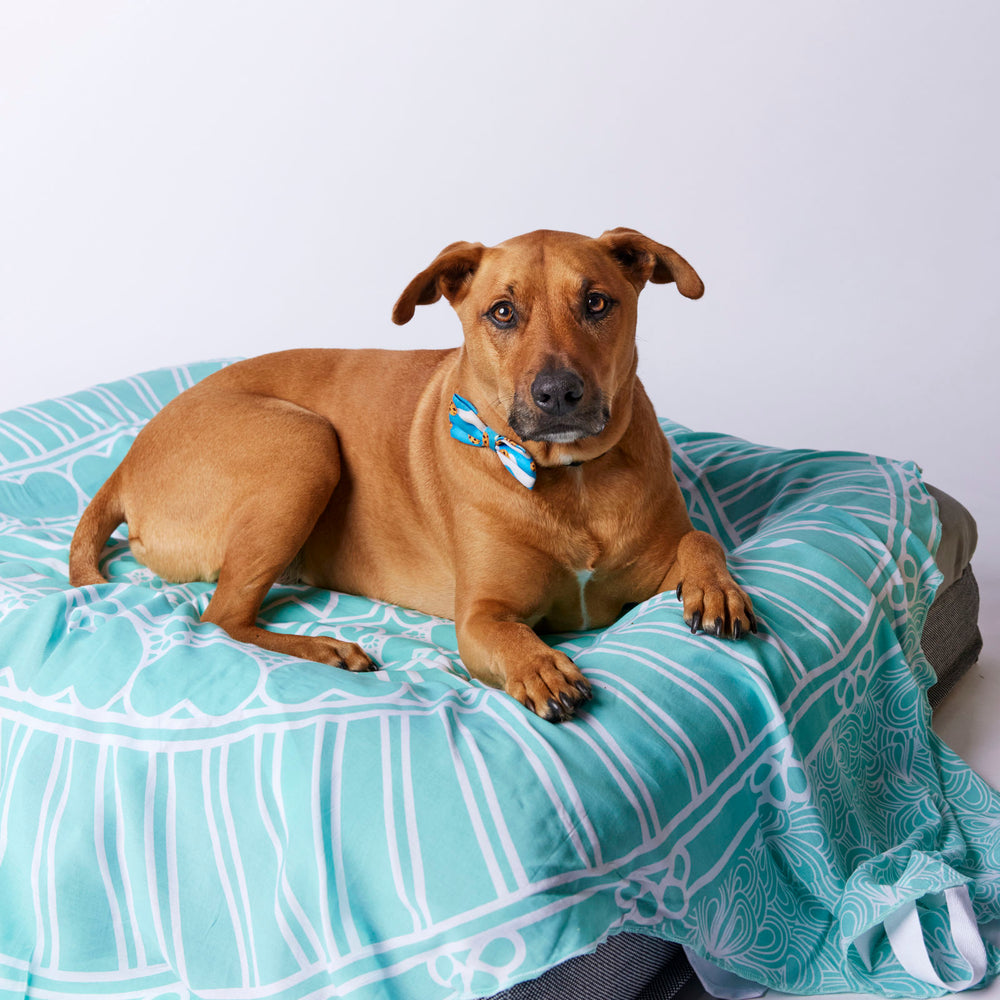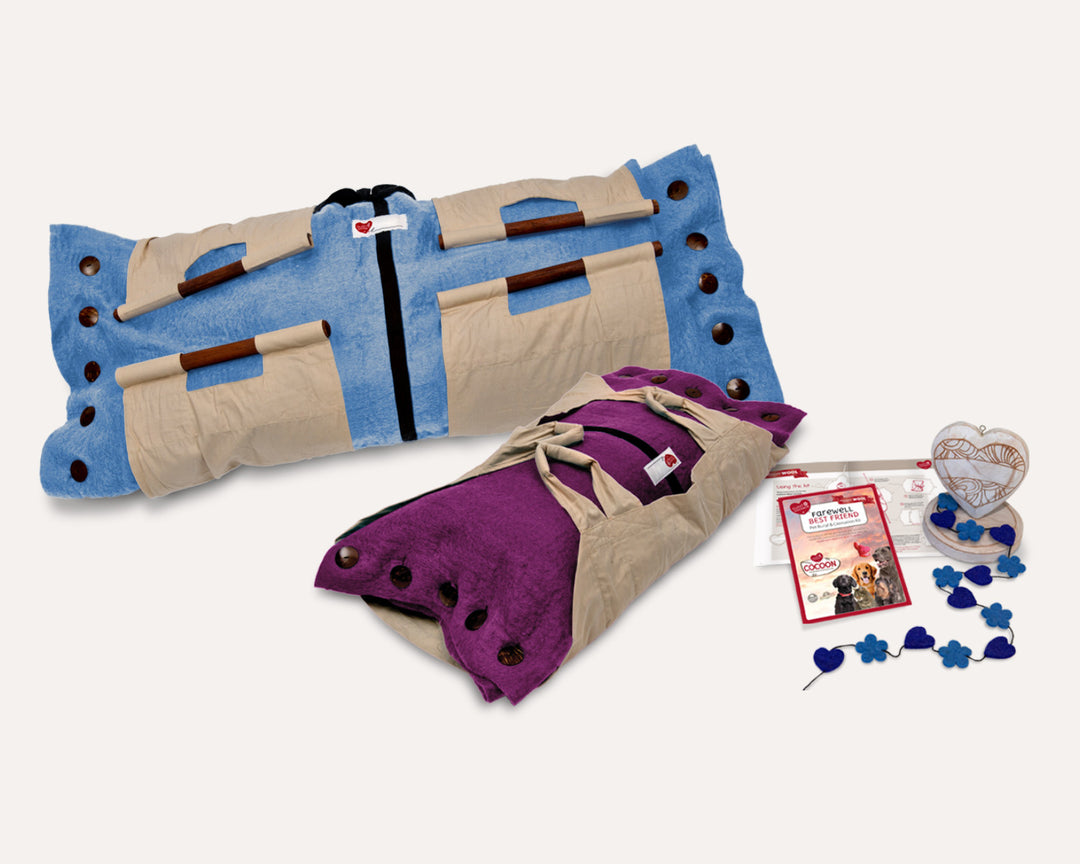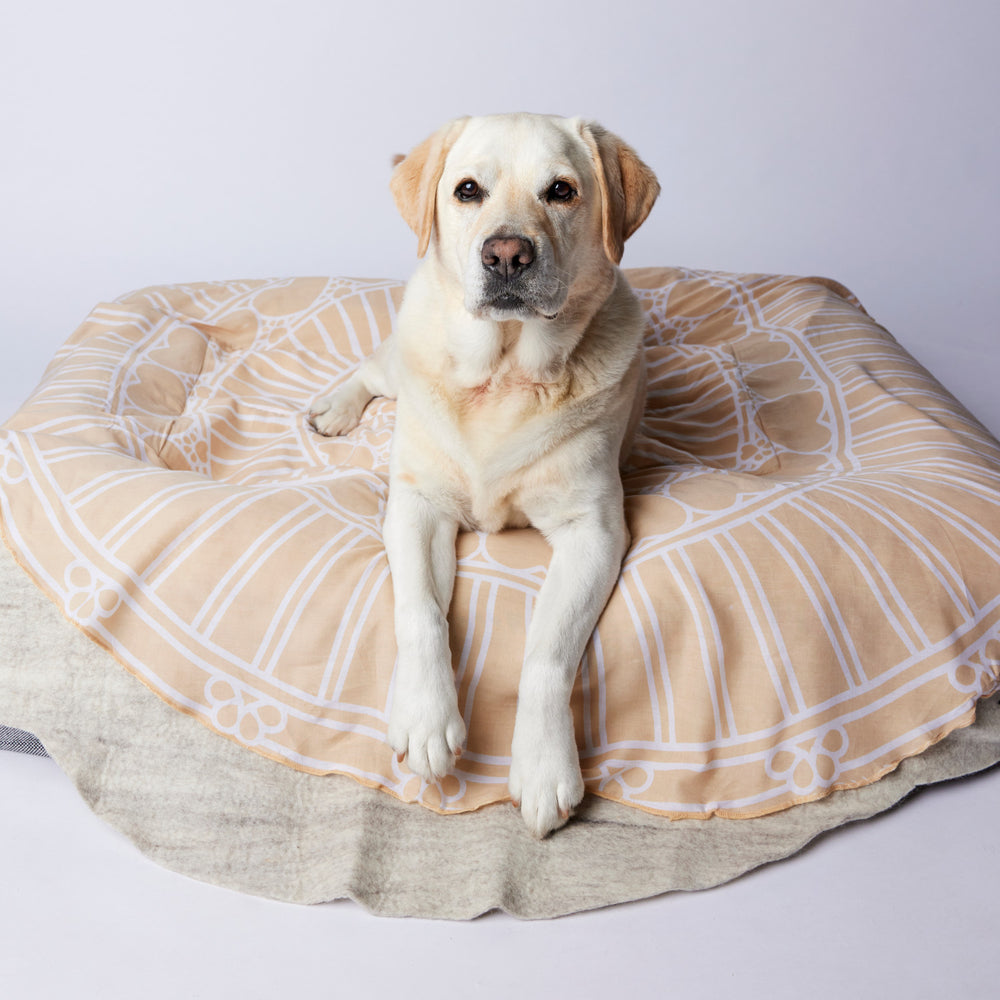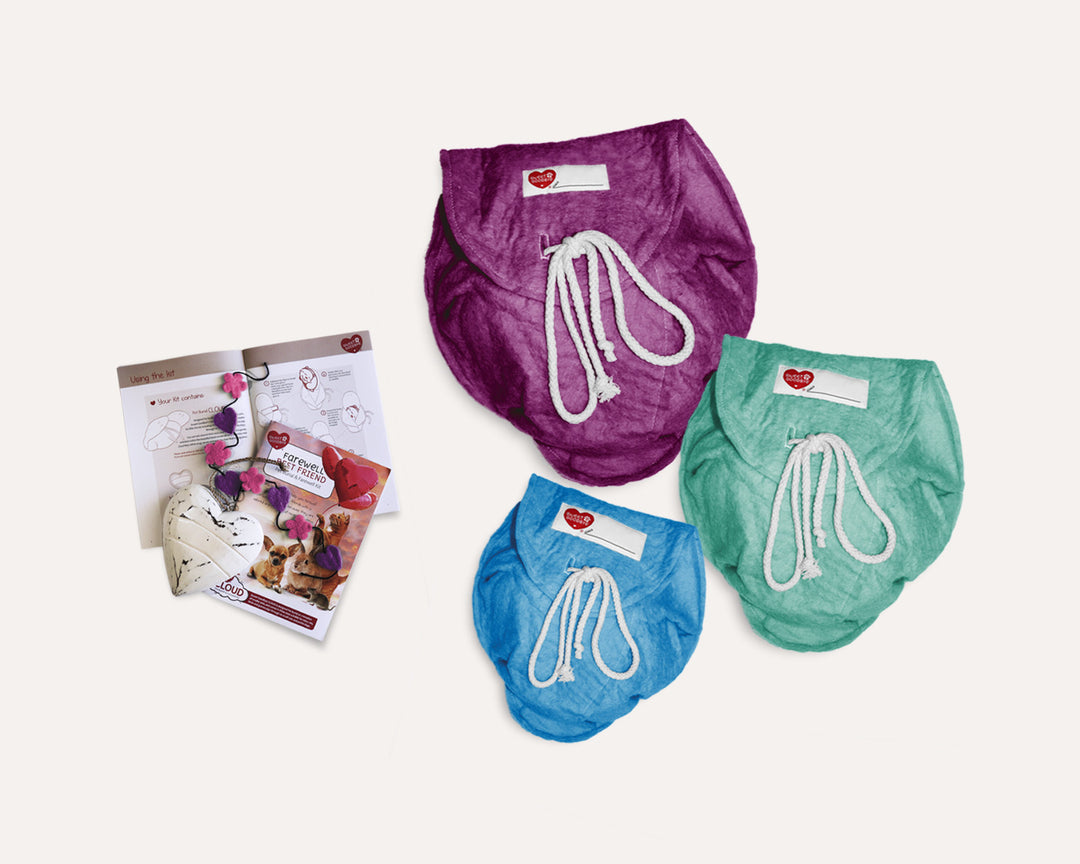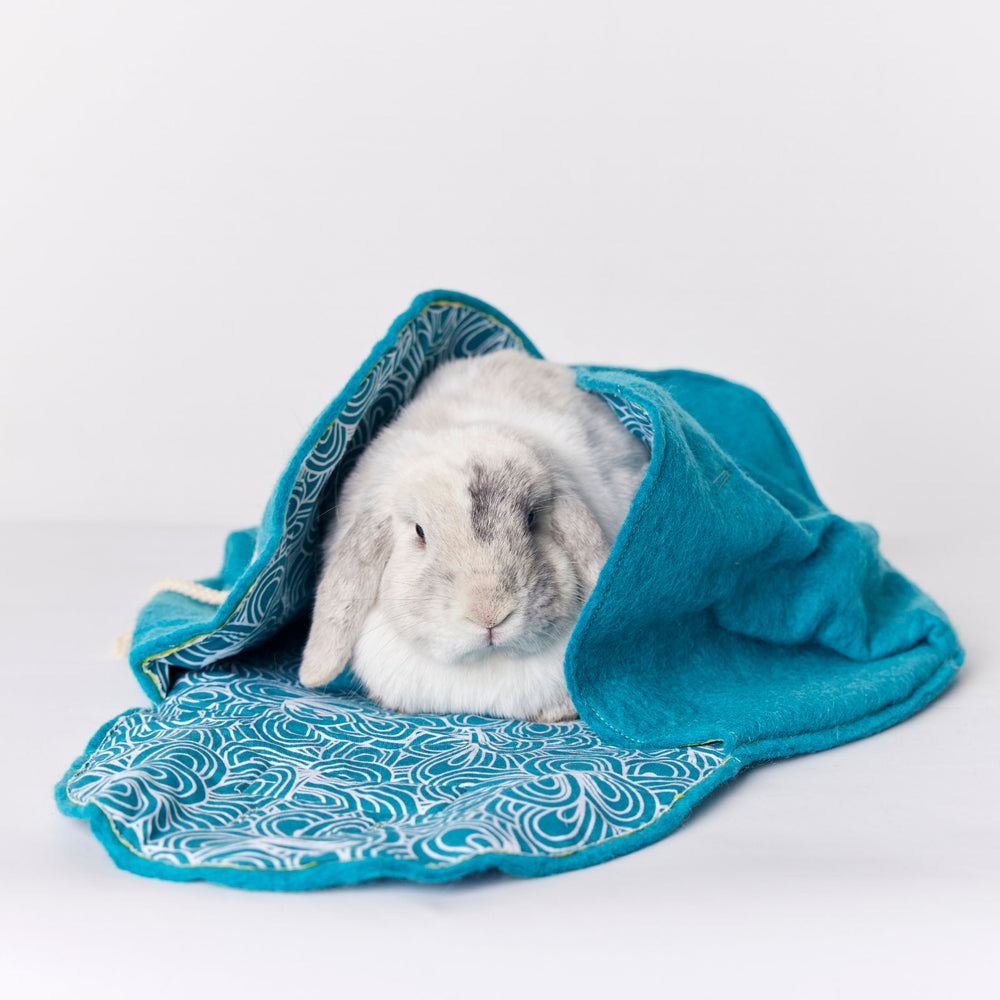7 Ways to Help Your Senior Pocket Pet Stay Active and Engaged

Pocket pets are a wonderful option for many pet owners who aren’t able to own larger pets like cats and dogs or just can’t resist these adorable furry friends. Despite their miniature size, pocket pets still require specialised care as well as mental and physical stimulation, especially in their later years to make sure they are their happiest little selves.
Unsure if a pocket pet is the right fit for you? Feel free to check out our blog on pocket pets here.
Cage makeover
One of the ways you can keep your pocket pet engaged is by upgrading their cage. Maintaining a clean and well-ventilated environment for your pocket pet is important for their well-being and helps prevent health issues in their old age. This includes cleaning their cage of old food, changing their bedding (who doesn’t love fresh sheets!) about once to twice a week and providing a sanitary area for them to rest.
You may also consider regularly reorganising their cage which can be a fun way to help your pet engage with new scenery and improve their overall mood. These can range from guinea pig tunnels (which you can also find online second-hand!) to suspension bridges for pet rats. When decorating the space, feel free to get creative, giving them plenty of ways to hide, play, exercise and rest. If you’re feeling stuck for inspiration there are plenty of inspiring ideas on TikTok like this hamster’s bachelor pad.
Exercise & physical activity
Unfortunately, we can’t take our pocket pets for long walks on the beach, so finding other ways to provide your pocket pets with exercise is important for their physical well-being, helping them maintain a healthy weight and preventing other health issues. This can be encouraged through interactive play like introducing new toys and making sure there is enough space for them to be active. Inside their cage, you can do this by having multiple levels and incorporating structures like ramps, stairs and bridges to encourage them to move around.
If you choose to have a cage on the smaller size for your pocket pet, make sure to incorporate ‘floor time’ which is making sure your pet has some supervised time outside of their cage to let them roam, maybe even in a protected area outside to get some fresh air.
Safety tip: Always remember that every pocket pet is unique and their environment needs to reflect this! Buying hamster wheels for guinea pigs can be potentially deadly as these are not suitable for their spines like other pocket pets, and can cause irreversible damage.
Make them feel secure
Although variety is encouraged for your pet, it’s important to give them some sort of routine with their feeding and grooming routine. Pocket pets are most comfortable when they are being fed at the same time each day which will be specific to each pocket pet. Read more about this here.
Ensuring they feel secure depends on each senior pocket pet’s abilities and can help you learn how to treat your pet so they can become engaged. Observing their behaviour while they’re in their safe environment is important - here you can keep track of their eating habits, breathing patterns and any behavioural changes.
Encourage rest and reduce stress
Our petite pets can often struggle with stress levels due to their unique needs and require more space than you would expect. Especially as they get older, rest will become more important for them so making sure their environment is comfortable, safe and quiet will improve their mood and energy levels. Reducing stress for your pocket pet can be as simple as making sure their nutritional needs are being met and that they get plenty of mental stimulation like this trio of rolling balls.
Gentle handling and Sensitivity
Despite being adorably small, pocket pets’ tiny size make them more vulnerable. This is because it can be difficult to notice their injuries and to treat these asap and can be caused by something as simple as a minor fall or even physical stress. It’s important to set boundaries with those who come into contact with your pocket pet as mishandling can cause serious injuries. Pocket pets are also more sensitive to their environment and loud noises or threats can cause a great deal of stress which can even affect their physical health.
Encourage Socialising
Even our tiny friends thrive off friendship with most pocket pets being naturally social. According to the RSPCA, pocket pets like guinea pigs and rats should virtually always have company. Try and spend lots of time with them to grow your bond and improve their wellbeing. Especially for those who are away from their pocket pets for extended amounts of time, you could consider growing your pocket pet family so that they’re not left alone.
Adjusting the thermostat
For our Aussie pet owners, we ourselves can become overwhelmed by our scorching summers. It’s essential for our pocket pets to maintain a comfortable temperature in their environment. Always make sure their cages are well ventilated and are kept inside with the air conditioner or fan on during the peak of our sweltering months.
As simple as our pocket pets may seem, they have unique needs that must be tended to in order to help them be their happiest selves. This means looking after all aspects of their wellbeing like maintaining a diverse routine and including plenty of physical exercise. If you are considering adopting these adorable companions, it’s important to consider all aspects of pocket pet ownership.




